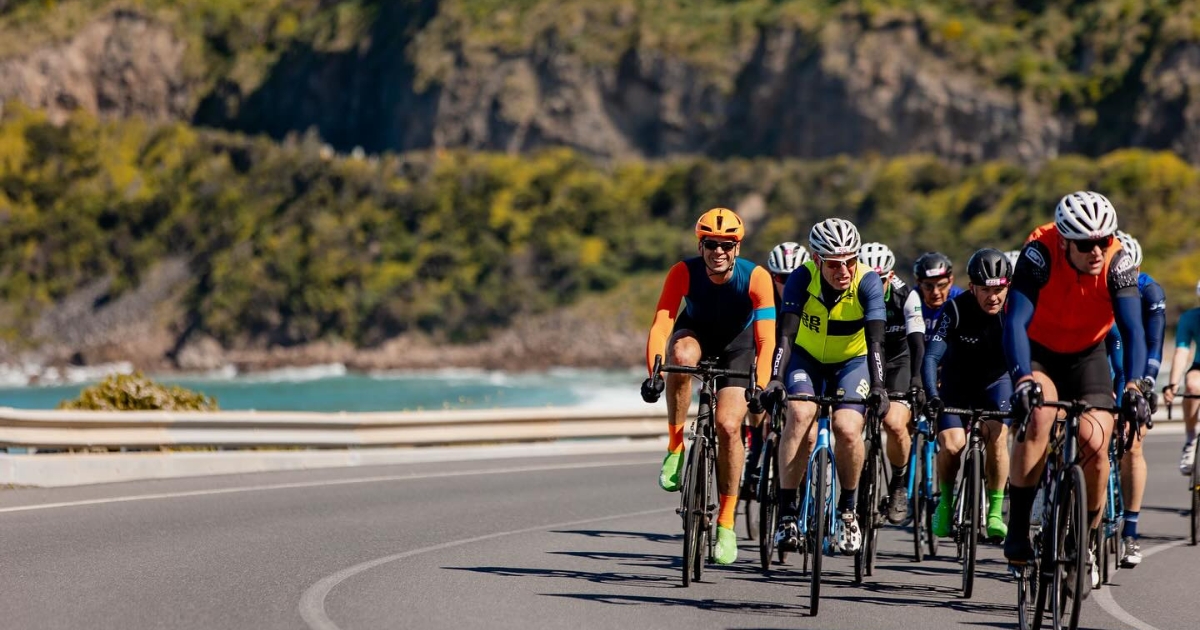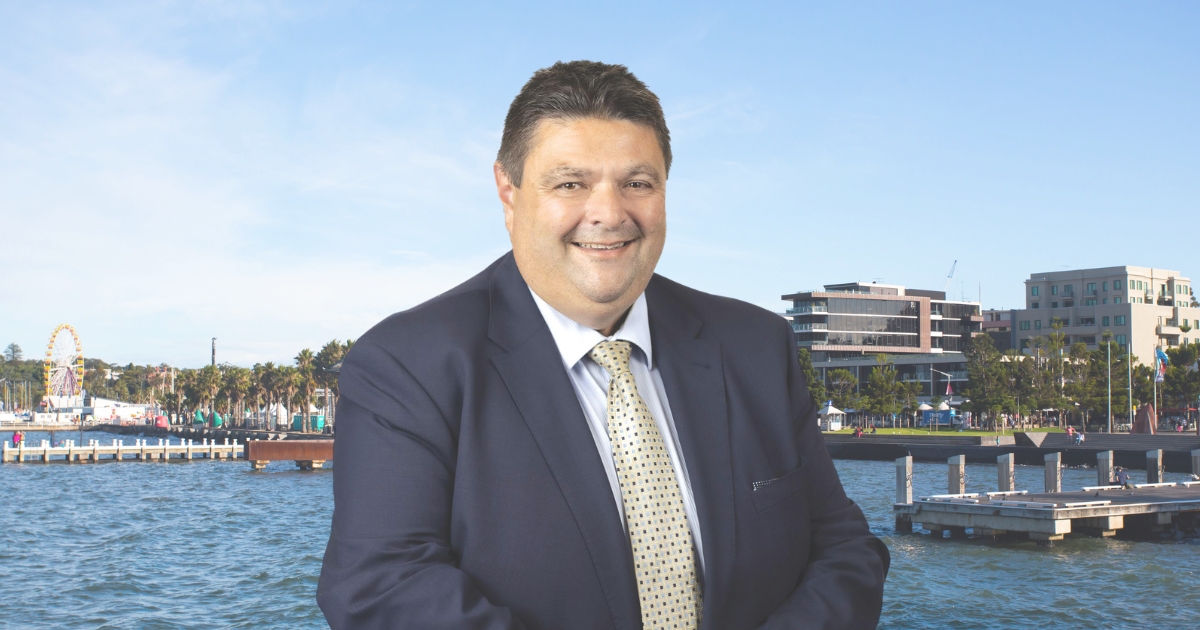Geelong roads named among state’s most dangerous

RACV will now use the data from the My Country Road survey to encourage the state government and local councils to make commitments that deliver safer regional roads.
TWO roads located within the City of Greater Geelong have been named among the top 20 most dangerous roads in regional Victoria by road users.
Bacchus Marsh Road between Balliang and Lara was 11th, receiving the highest number of votes in the western region of the state, while Murradoc Road, the main thoroughfare between Drysdale and St Leonards, was 15th, receiving the third highest number of votes in the state’s southwest region.
Both roads are managed by the Victorian government.
Road users predominately reported safety concerns with the poor state of both roads, along with limited overtaking opportunities, the dangerous behaviour of other drivers, and narrow lanes.
The findings, outlined in RACV’s My Country Road survey, are based on the responses of more than 7,000 Victorians, 56 per cent of whom reported using the road they identified in the survey every day.
For local road users, the results have come as no surprise. Many took to social media to share their concerns on the “atrocious” state of the two arterial roads and questioned why they had to maintain roadworthy vehicles but the state government and city did not have to ensure the roads were “carworthy”.
One road user labelled Bacchus Marsh Road the “pot hole city of Victoria”.
“For a road that seems to be constantly under construction, it’s the worst in the region,” another said.

RACV head of policy James Williams said the survey results were a strong indicator that road users are calling for urgent improvements to improve the safety of Victoria’s regional roads.
“Sixty per cent of survey participants think that improving road surfaces should be the priority road safety solution.
“While in 2021, dangerous driver behaviour was the biggest safety concern on regional roads, this year poor road conditions received more than double the number of responses as dangerous driver behaviour.”
He noted Bacchus Marsh Road was also identified among regional Victoria’s most dangerous roads in RACV’s first My Country Road survey, conducted in 2021, and while several of the roads previously identified by road users as the state’s worst received upgrades and improvements, “more work needs to be undertaken”.
RACV will now use the data from the survey to encourage the state government and local councils to make commitments that deliver safer regional roads.
The city’s acting executive director for city infrastructure Shaun Nuttal said the city heavily invested in managing its own road network.
“When matters concerning third party infrastructure are brought to our attention, such topics will be raised in discussions held between the city and the relevant authority, where we will advocate for improvements.”
The state government was contacted for comment, but did not respond before this newspaper went to print.

















